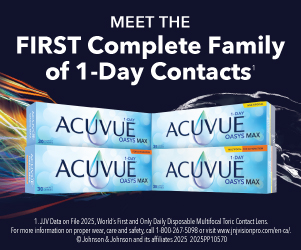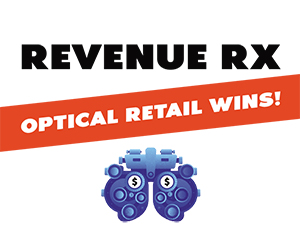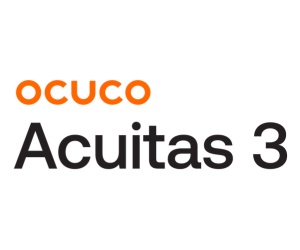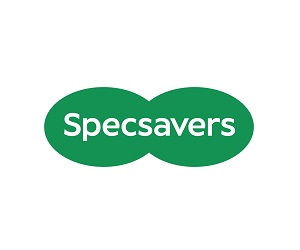
Talent acquisition is challenging these days! And while many positions in our industry do have specific degree or licensing requirements, it is not always the case. And even in the scenario where a specific license is required, e.g. Optician or Optometrist, the following scenario applies.
The Obvious Choice
Consider this – you are hiring for an Operations Manager position in your practice and have two candidates filter to the top. The first person has a college degree and ten years of progressive experience working in a comparable partice within the industry. The second candidate also has a degree but a bunch of blind spots on the resume – points in time that are unaccounted for or filled in with part-time consulting.
The first candidate is the best choice, of course. Clearly, with a degree and all that experience, they must be able to hit the ground running. Right?
Maybe. They certainly have the experience asked for in the job description and have been with your competitor for a decade. If they’re so good, though, why are they moving on? They may be looking for advancement or simply not loving the job anymore. They may be faltering, know layoffs are coming, or just be looking for a change. Or maybe there’s no more room to grow there. Will you ever know for sure? These questions won’t have obvious answers on a resume and will only get you well-rehearsed responses in an interview.
If you dig a little deeper, you may find that the second candidate’s resume is slightly irregular because they traveled to some interesting places and explored the world for a little bit. Maybe they did some humanitarian work. You might also find that they took some time to stay home with newborn twins during COVID while also providing care to an aging parent!
These things might be considered vague on paper and get them black-listed by most Applicant Tracking Systems, but they may make a well-rounded individual that could actually be much better suited for the position. They are clearly curious and responsible. They show dedication and commitment and can manage multiple challenges simultaneously.
Skills Based Hiring
Skills-based hiring is a hot topic of conversation right now, and we’ve been talking about it for decades. Hiring based on skills is all about looking beyond the surface and exploring what unique talents are not immediately visible and certainly not emphasized on a resume. Experience and education don’t always translate to job performance, and you may overlook game-changing candidates who don’t fit the mold. If only there were a way to see the person’s potential, not just their pedigree.
Oh, wait. There is.
It’s shockingly accurate and allows employers to change the narrative and transform their workplace.
If you are at all familiar with us, you know that we preach the importance of looking beyond the resume, to better understand the essence of the person behind it. Resumes can be crafted exceptionally well and, with the advent of rapidly advancing AI like ChatGPT, may not have even been written by the candidate at all. The advantages and benefits of skills-based hiring are numerous but boil down to a simple approach that can change the world for all involved.
Using skills-based hiring you can reduce or eliminate bias in the hiring process. The content of a resume is open to interpretation and bias, and education and experience don’t necessarily equate to performance. Candidates with the skills to complete the job may not have taken the traditional path in developing their talent and likely won’t always have a formal education.
However, just because someone didn’t attend a cordon bleu culinary program doesn’t mean they can’t cook spectacularly. Spending years in a family restaurant business or even in your grandma’s kitchen may not land well on a resume, but that doesn’t mean there isn’t a Michelin-star quality chef in there.
Finding the Right Fit
So, how do you find these amazing people? By looking below the surface. Fit First Technologies uses patented, science-based technology to truly understand who a person is, how they tick, and what they are best suited for. Looking beyond the words on the resume gives you a deeper and far more valuable understanding of what a person is made of, how they will fit in your business and click with co-workers and your company. Employees that are happy, fulfilled and able to make a contribution to their company will ultimately onboard faster, perform better and stay longer.
What this all boils down to is a candidate’s potential vs. their pedigree. When you look beyond the narrow, myopic focus on education and experience, the talent pool will naturally widen to include people who are exceptionally great candidates who don’t meet the traditional criteria. “Great people, in surprising packages”, as one client put it.
Everyone knows that grandma’s cooking is the best, and those recipes, traditions and values are learned – not through formal training, but through immersion in the experience and love for the process (and the delicious outcome).

TIM BRENNAN
is Chief Visionary Officer with Fit First Technologies Inc, the creators of Eyeployment, TalentSorter and Jobtimize.























